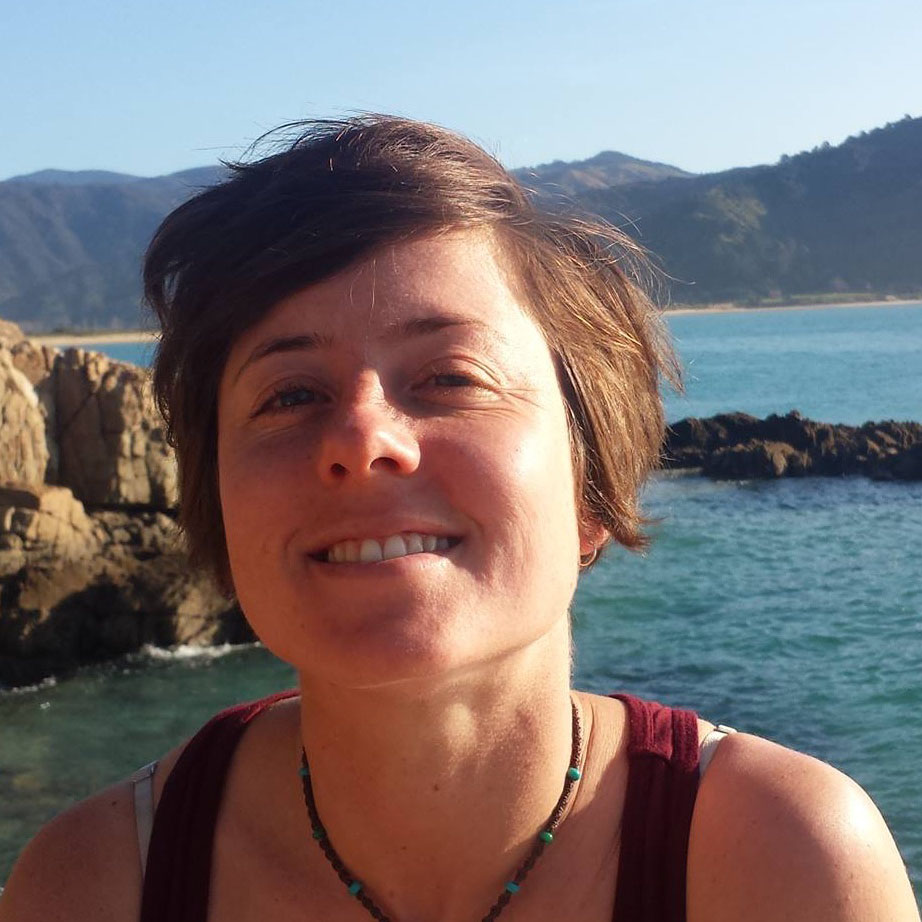
Firdha Mawaddah owns a furniture shop in Pasuruan, a city in East Java, Indonesia. She’s recently started specializing in ‘smart furniture’, which takes up limited space and has multiple functions. “I’ve heard that there is a quote, “change or you become extinct”, so I had to start learning to look at trends and markets – which are mostly young couples with small homes.”
Looking forward, Mawaddah would like to be able to export her products overseas. Towards that aim, she’s procured certification that the timber she uses comes from legal sources. “If you want to export timber-based commodities, you really need wood legality. Without that, it’s impossible,” she explains.
To launch that export arm, however, she’ll also need commercial financing support. This can be a sticking-point for entrepreneurs like her. “Micro, small and medium enterprises [MSMEs] in the Global South have an ongoing challenge gaining access to finance,” said Michael Brady, Principal Scientist and lead of the Sustainable Value Chains and Investment (SVCI) team at the Center for International Forestry Research–World Agroforestry Centre (CIFOR-ICRAF). “It’s really an ongoing dilemma. Banks and investors are challenged to find what they would call ‘bankable projects’: there seems to be a desire to provide financing, but a real challenge in finding MSMEs that have projects that are in a condition where they can receive financing.”
That’s where the new Land Finance Hub comes in. An output of the UN Environment Programme and CIFOR-ICRAF Green Finance for Sustainable Landscapes (GF4SL) project, which is funded by the Global Environment Fund, it’s a platform that’s designed to connect agriculture and forestry-based MSMEs with investors. The hub provides knowledge products and tools, collaborative meeting places, training materials to help increase MSME capacity, and access to information on green financing opportunities.

From 8-11 November 2022, CIFOR-ICRAF collaborated with the Indonesia Wood Furniture Association (APKJ), Java Learning Center (JAVLEC) and Forum for Furniture, Crafts, and Arts (Formekers Indonesia) to carry out a series of trainings on registering for and using the hub. The trainings took place in the three Javanese cities of Jepara, Yogyakarta, and Pasuruan, and targeted forestry sector MSMEs that are members of business associations.
“This project is trying to fill that gap of identifying and systematically presenting a collection of bankable projects, and then making those available to financiers – banks and impact investors,” said Brady. “So that’s the main purpose of the hub: providing a meeting place for both MSMEs looking for financing, and financiers who are looking for opportunities to invest.”
As such, there are clear environmental, social, and governance (ESG) requirements for would-be Hub member enterprises, he said. The Hub supports members to achieve legality and sustainability certification for any timber they use in their product lines – or for food production in the case of agricultural enterprises. “Certification provides an objective demonstration of sustainable and legal activities,” said Brady. “The financiers are looking for tools like [that] as a way to identify companies, so that they don’t have to do a lot of investigation. If they see that an enterprise has a formal certification, that gives them the assurance that they can engage and hopefully interact with them productively.”

Certification can also help these businesses more broadly. According to Eva Krisdiana Devi, a member of the Indonesian Furniture and Craft Industry Association and furniture-maker at UD Furniture Eva Jepara, “it is better if we sell certified products because they have more value. So we can prioritize using legal wood products, not illegal ones. We should provide our children and grandchildren with a good environment.” For Achmad Zain, the Chairman of the Association of Jepara Wood Craftsmen and a children’s furniture maker, certification “is a requirement to participate in government activities, and the procurement of goods and services. Financially, for us, it is not significant, but in terms of our bargaining position as small business actors, it is much appreciated.”

The Land Finance Hub website showing the MSMEs registered during the trainings at Jepara, Yogyakarta, and Pasuruan
The Hub targets enterprises like Mawaddah’s and Devi’s that are small, but would like to grow. “There’s a minimum level of what we would consider bankable investments,” said Brady. “So that’s a real challenge, trying to identify these MSME enterprises that are at a level where they can obtain and use – in many cases – commercial finance.” Many of these enterprises don’t have experience in accessing finance, and need support with things like preparing business plans, formal business management, and banking services. “We don’t have much background on how to make attractive business proposals,” said Zain; “usually, if we want funding for a project, we need to borrow directly from friends, or have our own funds. So it’s great to have help with proposals, and to be introduced to investors who we couldn’t otherwise connect with.”
“Today’s Hub training and registration program has provided us with valuable insight and knowledge,” said Suparjiyem, a member of the KTHR Rakyat Menur home industry group who makes empon–empon, a healthy drink concocted from plant roots and spices, and attended the Yogjakarta training. “Hopefully it will help build synergy between investors and our MSMEs, so this home industry group can grow.”
We want you to share Forests News content, which is licensed under Creative Commons Attribution-NonCommercial-ShareAlike 4.0 International (CC BY-NC-SA 4.0). This means you are free to redistribute our material for non-commercial purposes. All we ask is that you give Forests News appropriate credit and link to the original Forests News content, indicate if changes were made, and distribute your contributions under the same Creative Commons license. You must notify Forests News if you repost, reprint or reuse our materials by contacting forestsnews@cifor-icraf.org.













